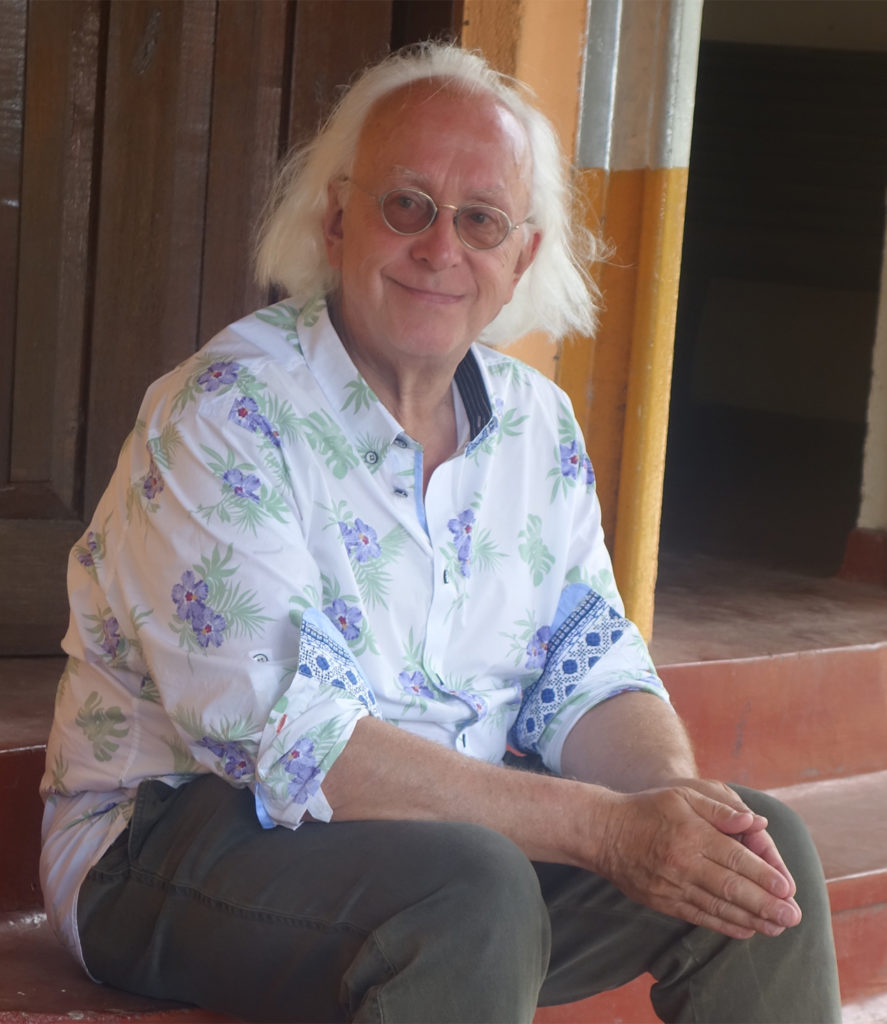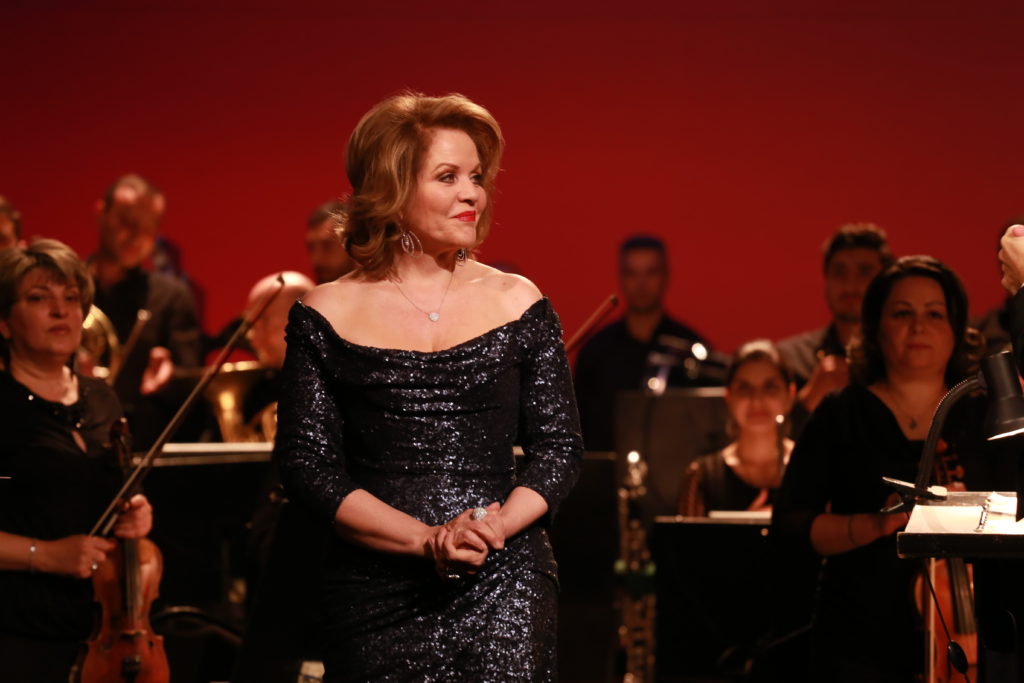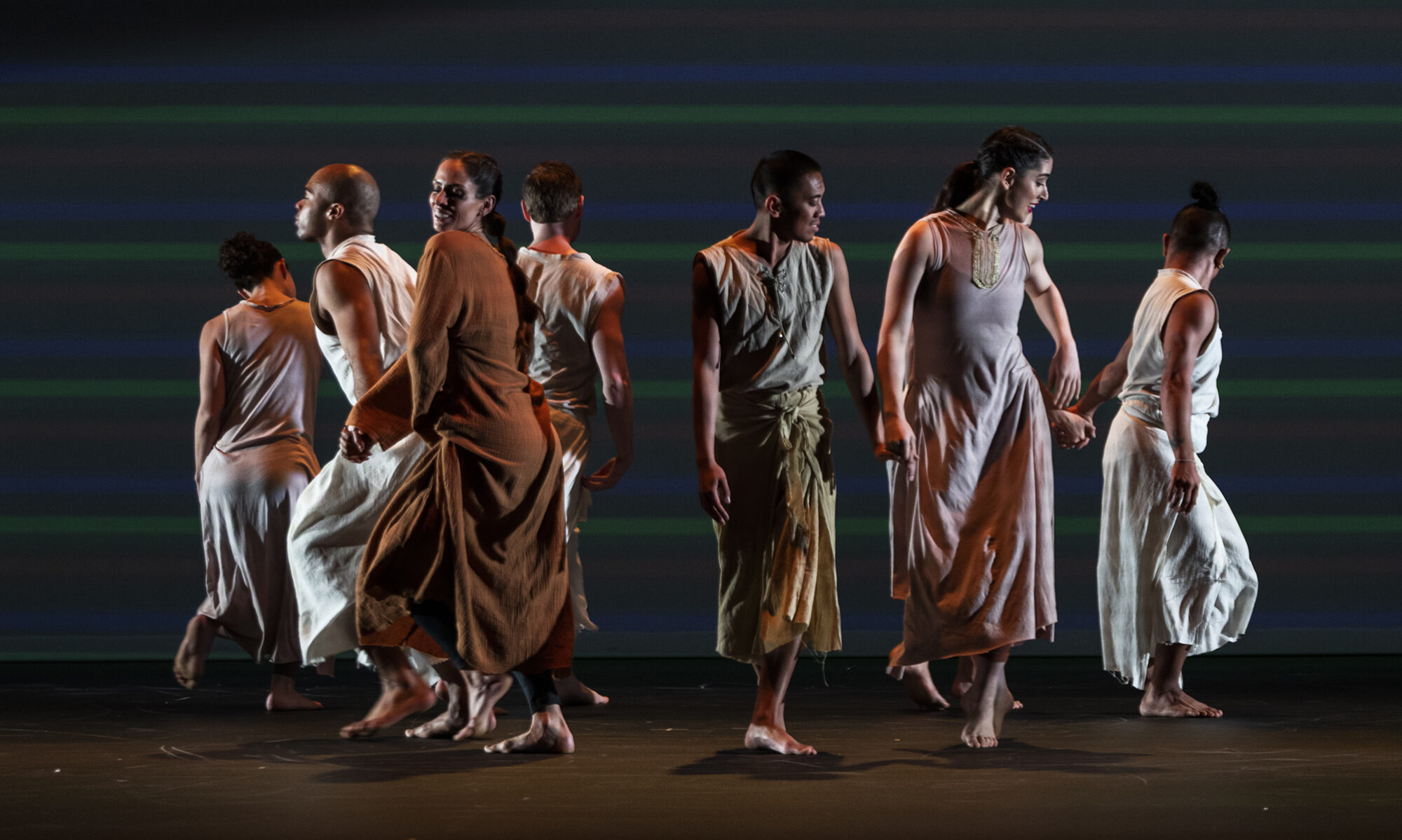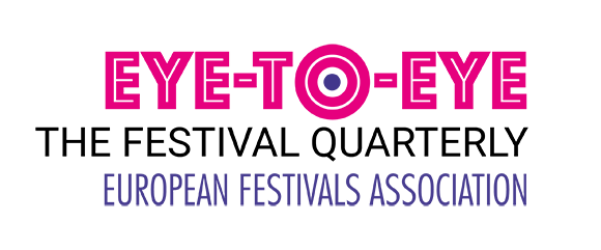The Dutch National Campaign for the Arts: Kunsten’92

Frans de Ruiter (1946) is Emeritus Professor and former Director at the Academy of Creative and Performing Arts (ACPA), research institute within the Faculty of Humanities at Leiden University. He studied musicology at Utrecht University and harpsichord at the Conservatory of the Muzieklyceum Society, in Amsterdam. He became Director of the Holland Festival (1977-1985), the Royal Conservatoire at The Hague (1985-2006), as well as President of the Board of the University of the Arts The Hague (1990-2011) after the merger of the Royal Conservatoire and the Royal Academy of Art in 1990. He was also co-founder and Director (1982-1994) of the Utrecht Early Music Festival. Since co-operation between the University of the Arts and Leiden University started, he was professor and Dean of the Faculty of Creative and Performing Arts of Leiden University (2001-2008) and Director of the Leiden University Academy of Creative and Performing Arts (2008-2016). Frans de Ruiter has also been the President of the European Festivals Association (1989-2004) and was appointed Honorary Member of the Association in 2018. He has also served as President of the International Music Council, an NGO official partner of UNESCO (associate status) (1997-2001 and 2009-2013).
Art and culture in relation to politics: a matter of shifting panels over several decades; the same applies to political parties. And a lot depends on the person who deals with it, whether that person is a minister, secretary of state, party leader or specialist, or an influencer. Minister Hedy d’Ancona was the driving force behind the so-called ‘own-income ratio’ for subsidised art institutions, the main reason for the founding of Kunsten’92 in 1992. She was particularly worried about poor attendance figures and half-empty halls and felt that producers should fill them, so that there was more money in the till and so that less subsidy was needed. The fact that full halls would lead to adapted programming, i.e. more ‘music for the millions’, did not bother her. Therefore, it was not without reason that Kunsten’92 was founded a day after the opening night of what is now the Dutch National Opera, which was visited by a large number of guests. It was one of Pierre Audi’s first productions, two one-act pieces by the Indian/English composer Param Vir, at the film studios in Duivendrecht, near Amsterdam. I cannot deny that the idiom of Param Vir, atonal of course, can give the impression of barbed wire music to some people, not only to those who are prejudiced; in any case, it is not very accessible when first listened to. Afterwards, at the premiere reception, the managerial leadership of the Ministry of Culture gathered together: directors, policy makers and heads of culture, opera and music.
They’d had a difficult evening: ‘if you’re going to play this, it’s no wonder the halls are empty’, and ‘all the effort that singers and players have to put in to studying this: worthy of a better cause’. I listened in on this conversation. Coincidentally, I knew some of the performers and knew how much knowledge and absolute dedication they had put into this project. I got angry and thought on the way home that it was life-threatening for ‘us of the arts’, that those who prepare and implement ministerial policy thought they could deal with repertoire, musicians and policy choices of respected art institutions in this manner. Additionally, it was not less money that had to go to the arts, because the public would yield more, but more, because there were many projects, ensembles, etc. with positive artistic content that, due to a lack of profits, (i.e. subsidy ceilings), fell under the so-called cut-off line even then, with as a consequence that they could not start or continue activities. The lump-sum for art and culture was far from being the absolutley necessary 1% of national spending.
Accompanied by a bottle of white wine, I wrote down a few battle cries at home until late at night: ‘art shall be’, ‘1% of government spending on art and culture’, ‘no generalist own-income measure of 15%’. The next morning I called the then director of the Concertgebouw, Martijn Sanders, and together we came up with the idea of bringing together an association of institutions in the field of art and culture to turn the tide. A week later, about sixty people were sitting in his foyer embracing our initiative with enthusiasm. An association was set up which, incidentally, as a sector representative, is still a central player in the debate, and is regarded as a reliable interlocutor both in the Ministry and in the Dutch House of Representatives.
Partly on the basis of a rapidly growing membership, we presented ourselves at the gate. Martijn and I became dual chairpersons, a broad board was elected, a spokesperson was recruited (Reinbert de Leeuw) and we demanded attention. At the end of a speech by Hedy d’Ancona in the Rode Hoed ( a small concert hall in Amsterdam), I, having just jumped off the luggage rack of a panting Martijn’s bike, was, to her unpleasant surprise, able to interrupt the Minister and present our viewpoint.
It did result in an invitation to speak with her at the kitchen table on the Amstel. There, she was of course seconded by the inhibiting civil service, so it did not go very smoothly or constructively. That stimulated our determination to take action. I managed to get into a TV studio in Hilversum (which you could still do unpunished at the time) and to join the live television broadcast Reiziger in Muziek (Traveller In Music), on Sunday morning: 10 minutes of enforced broadcasting time.
Press conferences, publications, themed meetings followed, and the meetings, usually in De Ysbreker on the Weesperzijde, were increasingly more crowded. We realised that we had to penetrate into national politics. And so a two-pronged system was built, on the one hand, of individual talks with the cultural spokespersons and chairmen of all the political groups in the House of Representatives, and sometimes even the financial group specialists; and, on the other hand, the early presentation of relevant texts for the whole political system:
- approaching parties before they draft their election programmes
- responding to those programmes, where and when necessary
- letters to the (in)formateur(s) (the elderly statesmen who construct a new government after elections)
- providing input for the new government’s policy statements
- providing timely input for the Cabinet meetings on the budget to be presented on Prinsjesdag (Budget Day)
- preparing for and responding yearly national budget discussions in the Parliament
- submitting preliminary work for the budgetary negotiations of the Ministry of Culture
- submitting material in time for the Spring and Autumn financial policy documents
- providing texts for the arts planning periods and responding to what is presented by the public authorities and the Council for Culture.
We started a modest office with Marianne Versteegh at the centre, and she is still there. Important tasks were also carried out by board members, and I myself spent hundreds of hours in the Parliament buildings, where we were struck not only by warmth, understanding and constructive support, but also by contradiction, ignorance and disinterest. A case of ‘frappez toujours’. Fortunately, the activists (secretary, chairman and vice-chairman – a position that was held for years by the genius accountant and figure analyst as director of the Federation of Artists’ Associations, Jack Verduyn Lunel) were supported by a sector-wide, active and very informative board. Names that come to mind are Steve Austen (Felix Meritis), Geert Dales (art and culture), Melle Daamen (Mondriaan Foundation) and Marleen Stikker (De Waag).
What has been achieved? A lot! The hundreds of affiliated art institutions made the club representative. The lobby was never for sub-sectors, but mainly for the ‘general interest of art and culture for society’, the subtitle that is still in effect.
Struggles were occasionally inevitable. What to think of Secretary of State Aad Nuis’ plan to impose a 5% obligation on the orchestras for playing Dutch contemporary music? The composers in favour, the orchestras against. Figure it out! In my youthful career as secretary of the Utrecht municipal advisory body Collegium Musicum Ultrajectinum, I was able to train myself in performative language for more than 10 years. That came in handy with Kunsten’92. Both/and, on the one hand, on the other hand, although/however: showing all sides of the medal and then puncturing it with the fatal conclusion, the solid argument.
It was only at the time of Rick v.d. Ploeg, who was hit by a financial and economic boom, that the amount available for grants could reach almost 1% of national expenditure. It was the butcher Halbe Zijlstra who managed to cut away € 200 m from this, even though it was unnecessary belly bacon.
Since 2000, many other groups, clubs and collectives, from the attractive ones to the precarious ones have tried to undermine or even take over the tasks of Kunsten ‘92. By 2020 they had disappeared and Kunsten’92 is still the only consistent interlocutor and watchdog for the government in the broad field including heritage, art and culture. While Kunsten’92, in my time, happily conspired with the Council for Culture – I remember morning sessions in hotels with President Jan Jessurun and Secretary Atze Nicolaï to co-ordinate our actions – against a reluctant public authority or a weak member of government, the Council is now an advisory extension of the cabinet, if only because of the power of councilors appointed by the Crown.
Document written in 2019.
In Covid-19 year 2020, Kunsten ’92 is the central organisation speaking on behalf of the whole arts and culture sector. By staying together and speaking with one voice, the sector has managed to gather nearly 1 billion euros for survival and emergency situations.
Frans de Ruiter is working on a book about his experience of 55 years in the cultural sector. The book should be published in 2 years but Eye-to-Eye will exclusively publish short chapters of general interest from time to time.
Festival Life creates shared moments of audiences and artists, eye-to-eye


